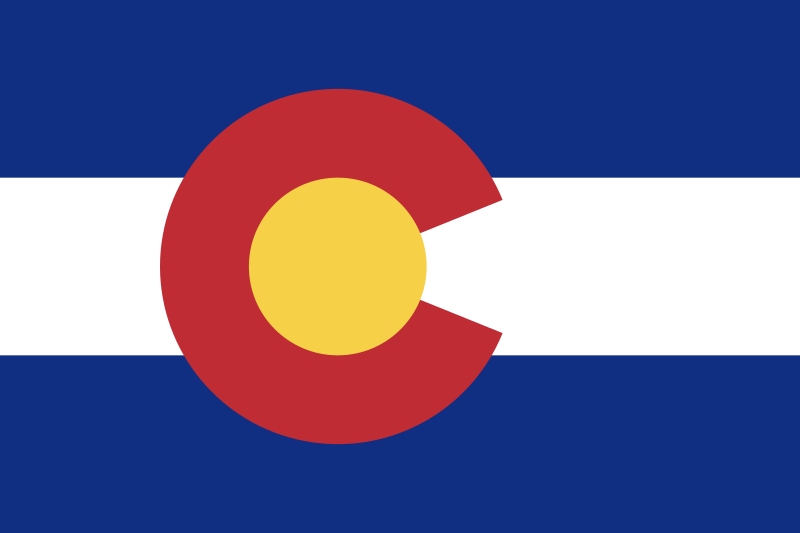In November, Coloradans will vote on whether or not to require statewide voter approval of new state enterprises if the enterprise's projected or actual revenue from fees and surcharges is greater than $100 million within its first five years.
To qualify for the ballot, proponents needed to submit 124,632 valid signatures. Of the 196,090 signatures submitted by proponents on July 31, 2020, 138,852 were projected to be valid based on a random sample.
Enterprises were established through the Colorado Taxpayer's Bill of Rights (TABOR) amendment of 1992. Enterprises are government-owned businesses that provide goods or services for a fee or surcharge that is paid for by the individuals or entities that are purchasing the goods or services. Examples of enterprises include the state lottery, state nursing homes, correctional industries, parks and wildlife, public colleges and universities, and the state unemployment insurance program. This is in contrast to government agencies or programs that provide goods or services that are paid for by tax revenue. Enterprises may receive a maximum of 10% of their annual revenue from state and local government sources but are otherwise financially independent from the state government and any local governments. Enterprise revenue does not count toward the TABOR limit. TABOR limits the amount of money the state of Colorado can take in and spend. It limits the annual increase for some state revenue to inflation plus the percentage change in state population. Any money collected above this limit is refunded to taxpayers unless the voters allow the state to spend it.
In the fiscal year 1993-94, the first year TABOR was in effect, enterprise revenue was $724.3 million. In 2017-18, state enterprises received $17.9 billion in revenue. In total, from 1993 to 2018, Colorado enterprises have received $150.17 billion in revenue.
Colorado Rising State Action sponsored the initiative. Michael Fields, executive director of Colorado Rising State Action, said, "For too long the legislature has been going around the Taxpayer’s Bill of Rights (TABOR). [Senate Bill 20-215] was a a perfect example of them trying to go around TABOR to raise revenue by calling them fees. Clearly, this is the move they are going to make, raising taxes by calling them fees."
Ballotpedia identified two committees registered to support the initiative: Voter Approval of Fees and Americans for Prosperity Colorado Issue Committee. Together, the committees reported $754,703 in contributions, all but $655 of the contributions were in the form of in-kind contributions. The top three donors were Unite for Colorado, Americans for Prosperity, and Colorado Rising State Action. Unite for Colorado contributed $742,931.74 as an in-kind contribution to Voter Approval of Fees for signature gathering, resulting in a cost-per required signature of $5.96. Americans for Prosperity Colorado Issue Committee is also supporting another measure on the November ballot that would decrease the state's income tax rate.
As of August 25, 2020, 10 statewide ballot measures were certified for the November ballot in Colorado. Along with the voter approval of fees measure, voters will decide on five other citizen initiatives concerning wolf reintroduction, abortion restrictions, a citizenship requirement for voting, a paid family and medical leave program, and an income tax rate reduction. A veto referendum determining whether Colorado will join the National Popular Vote Interstate Compact (NPVIC) is also on the ballot. The state legislature referred a state statute to increase tobacco taxes and create a new e-cigarette tax to fund various health and education programs and two constitutional amendments: one concerning charitable games such as bingo and raffles and another to repeal the Gallagher Amendment.
Signatures for one other citizen initiative were submitted and are waiting a statement of sufficiency or insufficiency. The measure would allow voters in Central City, Black Hawk, and Cripple Creek to vote to expand allowed gaming types and bet limits.



